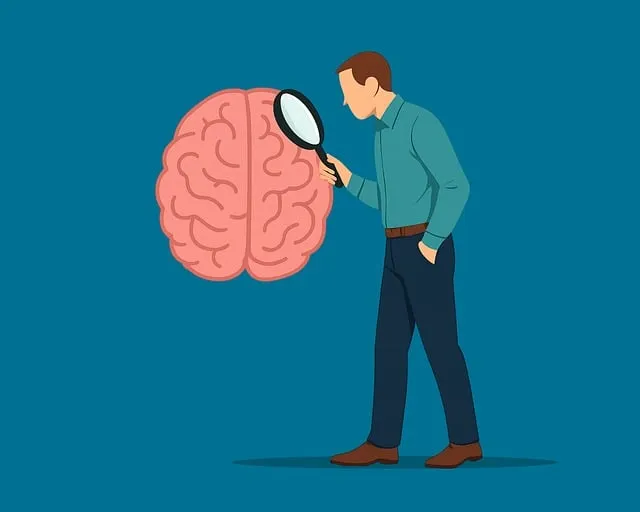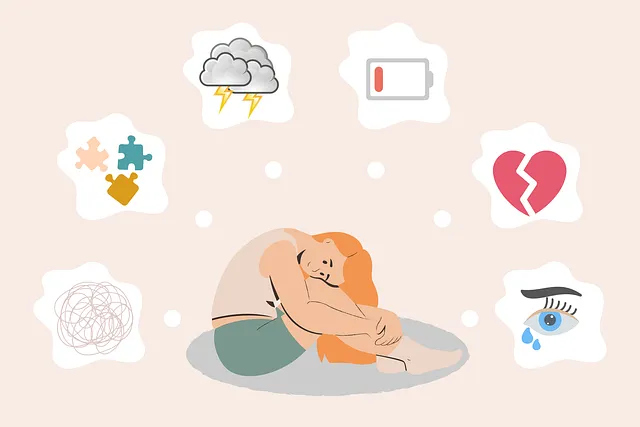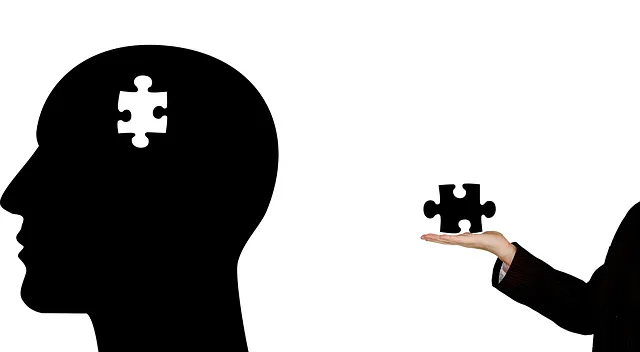When comparing Lafayette's and Kaiser's inpatient mental health services, key differences emerge. Lafayette offers specialized care with a focus on individual interventions and emotional connections, prioritizing inner strength development. Conversely, Kaiser provides robust structured care for higher patient volumes, emphasizing efficient recovery and coping mechanism learning before discharge. Both aim for optimal mental wellness through distinct approaches, with Lafayette cultivating self-compassion and empathy through Compassion Cultivation Practices (CCP) to improve mood regulation, whereas Kaiser integrates these practices into treatment plans, teaching patients to observe emotions without judgment.
In a world where emotional well-being is paramount, understanding and managing moods effectively is crucial. This article delves into the intricate realm of mood regulation, offering insights into its basics and exploring contrasting approaches through case studies of Lafayette and Kaiser’s inpatient mental health services. From navigating turbulent emotions to implementing successful strategies, discover practical techniques for stabilizing moods and enhancing overall mental health. Uncover whether Lafayette or Kaiser provides superior care in this competitive landscape of inpatient treatment.
- Understanding Mood Regulation: Unraveling the Basics
- Lafayette vs Kaiser: Inpatient Mental Health Services Compared
- Effective Strategies for Managing and Stabilizing Moods
Understanding Mood Regulation: Unraveling the Basics

Mood regulation is a crucial aspect of mental health, allowing individuals to navigate life’s challenges and maintain emotional balance. It involves understanding and managing one’s feelings, thoughts, and behaviors in response to various situations. The process encompasses recognizing triggers, developing coping mechanisms, and cultivating resilience. By mastering these skills, individuals can enhance their overall well-being and quality of life.
In today’s world, where mental health awareness is growing, it’s essential to explore different strategies for emotional regulation. Lafayette does Kaiser have inpatient mental health services? This question highlights the importance of accessible resources, such as community outreach programs and specialized care, in supporting individuals seeking help with their mental health journey. Effective mood regulation involves a combination of self-care practices, professional support, and learning healthy ways to express and process emotions.
Lafayette vs Kaiser: Inpatient Mental Health Services Compared

When comparing Lafayette’s inpatient mental health services to those offered by Kaiser, several key differences emerge. While both institutions aim for optimal mental wellness, their approaches and settings vary significantly. Lafayette typically provides a more intimate and specialized environment, focusing on inner strength development through therapeutic interventions tailored to individual needs. This setting fosters deep emotional connections between patients and caregivers.
In contrast, Kaiser’s inpatient programs often handle higher volumes, offering robust yet generalized support for various mental health conditions. Their focus lies in efficient recovery processes, leveraging evidence-based practices to facilitate emotional healing. The environment at Kaiser is usually fast-paced and structured, designed to help patients regain stability and learn coping mechanisms before reintegrating into daily life.
Effective Strategies for Managing and Stabilizing Moods

Managing and stabilizing moods is a vital aspect of mental well-being, and there are several effective strategies to achieve this. One such approach gaining traction is Compassion Cultivation Practices (CCP), which involve cultivating self-compassion and empathy towards oneself and others. This can significantly enhance emotional resilience and reduce mood fluctuations. By embracing CCP, individuals can develop a more profound sense of self-acceptance, fostering an environment conducive to mental stability.
Additionally, the development of coping skills is instrumental in navigating life’s challenges. Encouraging activities like Mindfulness Meditation has been shown to be beneficial. It allows individuals to stay present and grounded, preventing negative thoughts from spiraling. Lafayette’s Kaiser, for instance, offers inpatient mental health services that integrate such practices into their treatment plans. Through regular practice, one can learn to observe emotions without judgment, leading to improved mood regulation over time.






